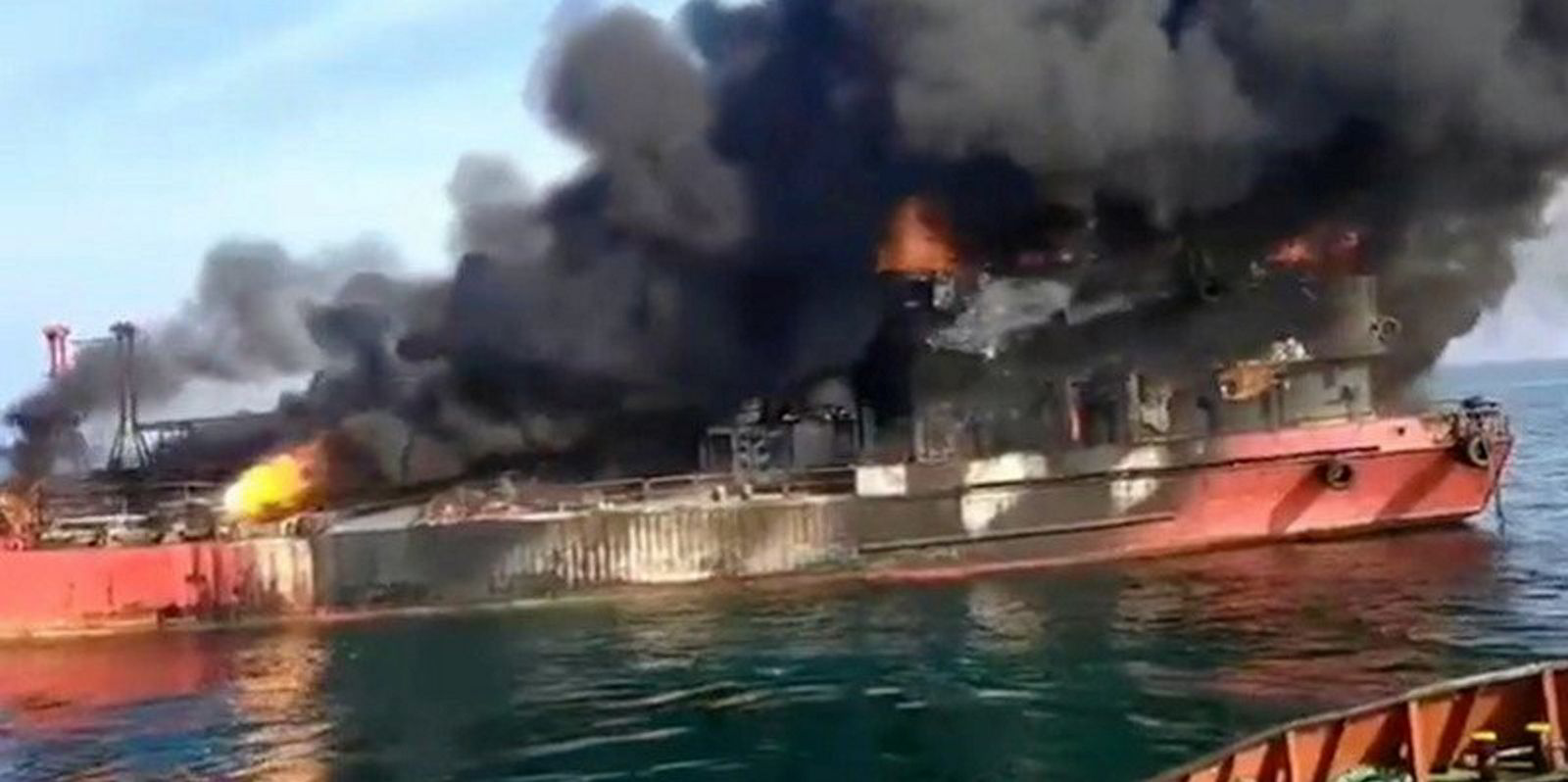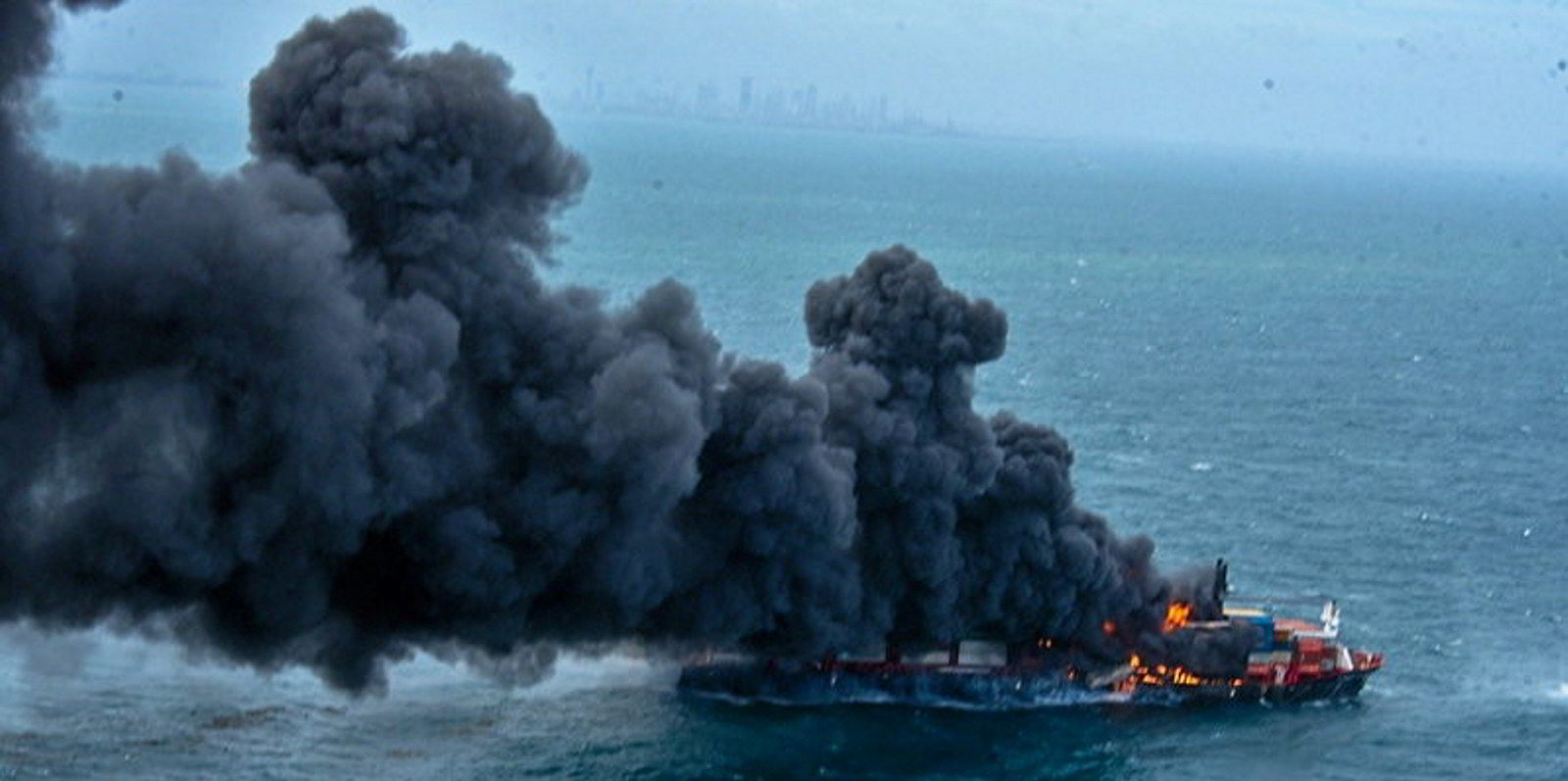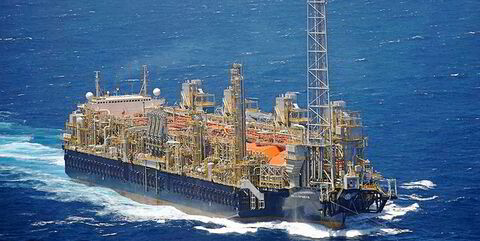The shipping industry has been affected on multiple fronts by Russia’s invasion of Ukraine, with loss of life and vessels in the Black Sea, disruption to trade and the burden of sanctions, said Allianz Global Corporate & Specialty (AGCS) in its Safety & Shipping Review 2022.
A prolonged conflict is likely to reshape global trade in energy and other commodities.
An expanded ban on Russian oil could contribute to pushing up the cost of bunker fuel and impacting availability, potentially pushing ship owners to use alternative fuels that may result in machinery breakdown claims.
The evolving range of sanctions against Russian interests presents a sizeable challenge.
Violating sanctions can result in severe enforcement action, yet compliance can be a considerable burden, said the report. It can be difficult to establish the ultimate owner of a vessel, cargo or counterparty.
Sanctions also apply to various parts of the transport supply chain, including banking and insurance, as well as maritime support services, which makes compliance even more complex.
Russian seafarers account for just over 10% of the world’s workforce and around 4% come from Ukraine. These seafarers may struggle to return home or rejoin ships at the end of contracts.
Security agencies also warn of a heightened prospect of cyber risks for shipping.
The insurance industry is likely to see a number of claims under specialist war policies from vessels damaged or lost to sea mines, rocket attacks and bombings in conflict zones, said Justus Heinrich, global product leader, marine hull, at AGCS.
“Insurers may also receive claims under marine war policies from vessels and cargo blocked or trapped in Ukrainian ports and coastal waters.”
Covid-19 measures in China, a surge in consumer demand and the Ukraine crisis have all also led to unprecedented port congestion.




